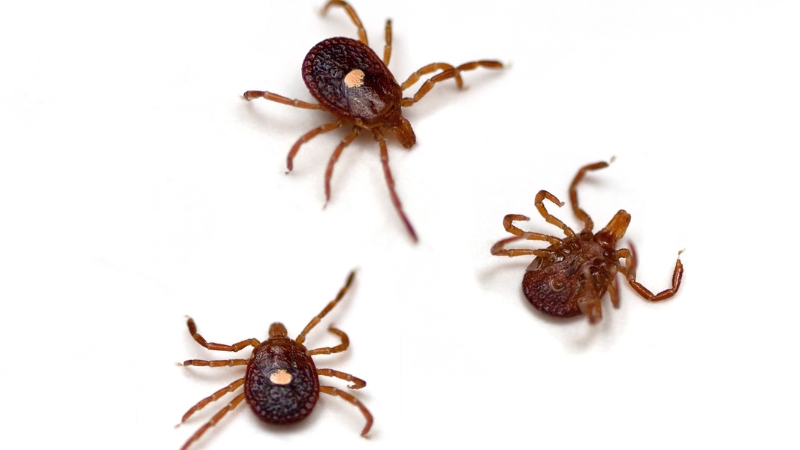
The authorities said a lack of doctors willing to assess patients means euthanasia will not be made available to the mentally ill yet.
Canada has frozen a plan to expand its assisted suicide program to include people suffering from mental illnesses, Health Minister Mark Holland and Justice Minister Arif Virani has announced.
Among the reasons for the postponement, they cited a lack of medical professionals, especially psychiatrists, willing to evaluate patients before the lethal injection.
Canada legalized euthanasia after the Supreme Court ruled in 2015 that requiring people to cope with intolerable suffering was tantamount to violating their basic rights. In 2021, the Superior Court of Quebec demanded that the government expand the criteria to those suffering from “grievous and irremediable” conditions, such as depression and other mental health issues.
The law’s separate provisions for people with mental illnesses were originally postponed for two years.
Speaking to reporters on Monday following a session of a special parliamentary committee looking into the issue, Holland explained: “it’s clear from the conversations we’ve had that the system is not ready, and we need more time.”
On Thursday, Canada’s Health Ministry released a statement, clarifying that the expansion originally slated for March 17 of this year had been postponed until 2027. It is hoped that by then, regional healthcare providers will be better prepared to administer euthanasia to the mentally ill, with clear guidelines developed in the meantime, the document added.
Canada is already among the countries with most liberal laws regarding euthanasia and assisted suicide, with the procedure available to terminally and chronically ill people.
However, plans to extend the practice to the mentally ill have proven controversial, with members of the opposition Conservative Party accusing Prime Minister Justin Trudeau’s government of promoting a “culture of death.”
Some critics on the left have also argued that the authorities should instead focus on improving psychiatric care, which is said to be chronically underfunded.
A number of psychiatrists, for their part, have voiced concern that patients could bail out of treatment schemes that do not provide immediate relief, and opt for the easy way out instead.
According to a report released by the Canadian Health Ministry last October, there was a 31.2% increase in the number of cases involving what is termed in the country as medical assistance in dying (MAID) in 2022 compared to 2021.
In 2022, a total of 13,241 people chose to end their lives this way, with 463 of those being “individuals whose natural deaths were not reasonably foreseeable.”




